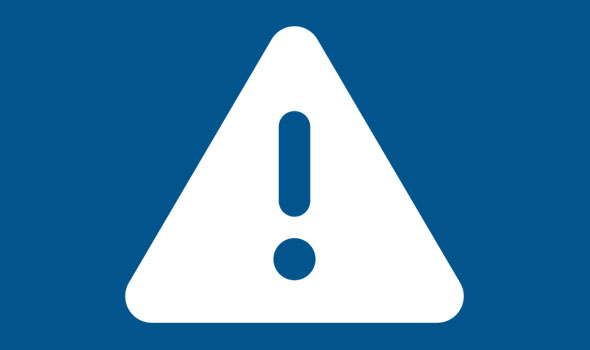Stay safe and help keep others safe
In 2017, Bridgewater State University became the first college or university in the country to implement a public access Narcan® (generic name: naloxone) program. The anti-overdose drug is available in approximately 60 locations across campus, including inside all residence halls. Students, staff, and faculty can access naloxone at any time. It can be found in the same case as automatic electronic defibrillators (AEDs), which are marked by this symbol on the campus map: 
In addition, there is naloxone on the exterior of parking lot monitor booths in the Moakley, West and Harrington Lots.
Delivered to someone overdosing, naloxone can bring the individual around within minutes and get them breathing regularly again. All the naloxone at BSU is nasal naloxone and easy to use.
Understanding how to use naloxone and prevent overdose is more important than ever, as the risk of opioid overdose has increased in recent years. The potent opioid fentanyl has infiltrated the street drug supply, including stimulants like cocaine and pills that look like prescription pills but are pressed illegally. Know how to stay safe and help keep others safe from opioid overdose.
Bridgewater State University Police Department offers overdose prevention training that includes how to use naloxone. Call them at 508.531.1212 if your department, club or other student group is interested in a training, or email Detective Sergeant Robert McEvoy at rmcevoy@bridgew.edu.
As part of BSU’s continued commitment to health and wellness, including overdose prevention on campus and in surrounding communities, the University joined the Massachusetts HEALing Communities opioid overdose prevention study and served as fiscal agent for the Brockton HEALing Communities Study from 2021-2022. Harm reduction and treatment resources were developed and centralized to help prevent overdose deaths in Brockton; they remain available for Brockton and regional organizations and individuals, as well as students, staff and faculty at BSU.

